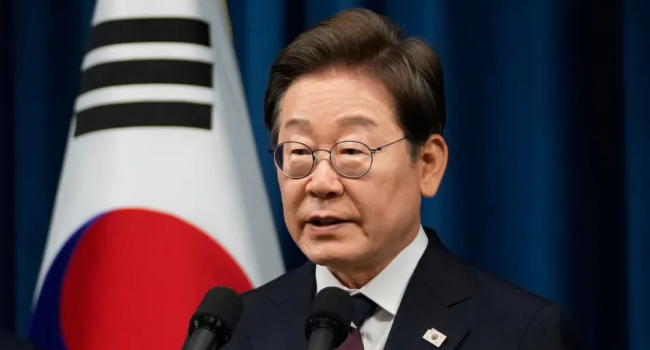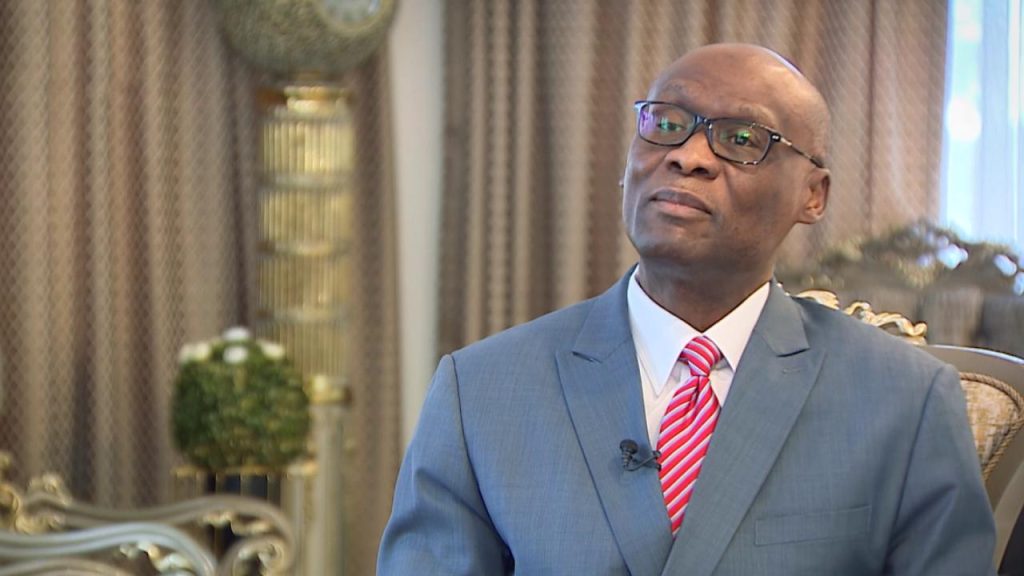The United States has suspended Gaza ceasefire negotiations and recalled its delegation from Qatar, accusing Hamas of demonstrating “a lack of desire” to reach an agreement. The decision, announced late Thursday by former President Donald Trump’s special envoy Steve Witkoff, coincided with Israeli Prime Minister Benjamin Netanyahu’s insistence that ongoing diplomatic efforts should not be interpreted as weakness. The moves signal deepening tensions in attempts to end the months-long conflict as Gaza faces a catastrophic humanitarian crisis.
Witkoff emphasized that Hamas’ latest response to proposed ceasefire terms had derailed progress, prompting U.S. negotiators to return for consultations. Netanyahu, speaking during a state memorial for Zionist leader Ze’ev Jabotinsky—a figure central to Israel’s right-wing ideology—struck a dual tone: affirming Israel’s commitment to a deal while warning Hamas against misinterpreting flexibility. “If Hamas perceives our willingness to reach a deal as a weakness, as an opportunity to dictate terms that endanger Israel, it is greatly mistaken,” he said, linking his remarks to Jabotinsky’s legacy and his own family’s Zionist advocacy in the U.S.
Hours earlier, Netanyahu’s office recalled Israeli negotiators from talks, citing Hamas’ position. A brief government statement thanked Witkoff, Qatar, and Egypt for mediation efforts but disclosed no specifics on stalled negotiations. The withdrawal of both U.S. and Israeli teams raises questions about the viability of diplomacy amid escalating regional strain.
Meanwhile, Gaza’s humanitarian toll has drawn urgent global outcry. World Health Organization chief Tedros Adhanom Ghebreyesus condemned Israeli restrictions on aid as causing “man-made mass starvation,” with UN agencies warning of famine-like conditions. Gaza’s health ministry reported 33 Palestinian deaths from malnutrition in a 48-hour period this week, underscoring the dire consequences of prolonged aid blockades.
International pressure mounts on both sides to prioritize civilian welfare. Analysts note that stalled talks risk prolonging a conflict that has displaced over a million Gazans, destroyed critical infrastructure, and deepened regional instability. The U.S. withdrawal, while framed as a response to Hamas’ intransigence, may complicate efforts by Egypt and Qatar to revive dialogue.
As mediators seek pathways to de-escalation, the widening gap between diplomatic posturing and on-the-ground suffering highlights the challenges of reconciling security demands with humanitarian imperatives. With famine warnings unheeded and negotiations in limbo, the path to ceasefire appears increasingly fraught.



